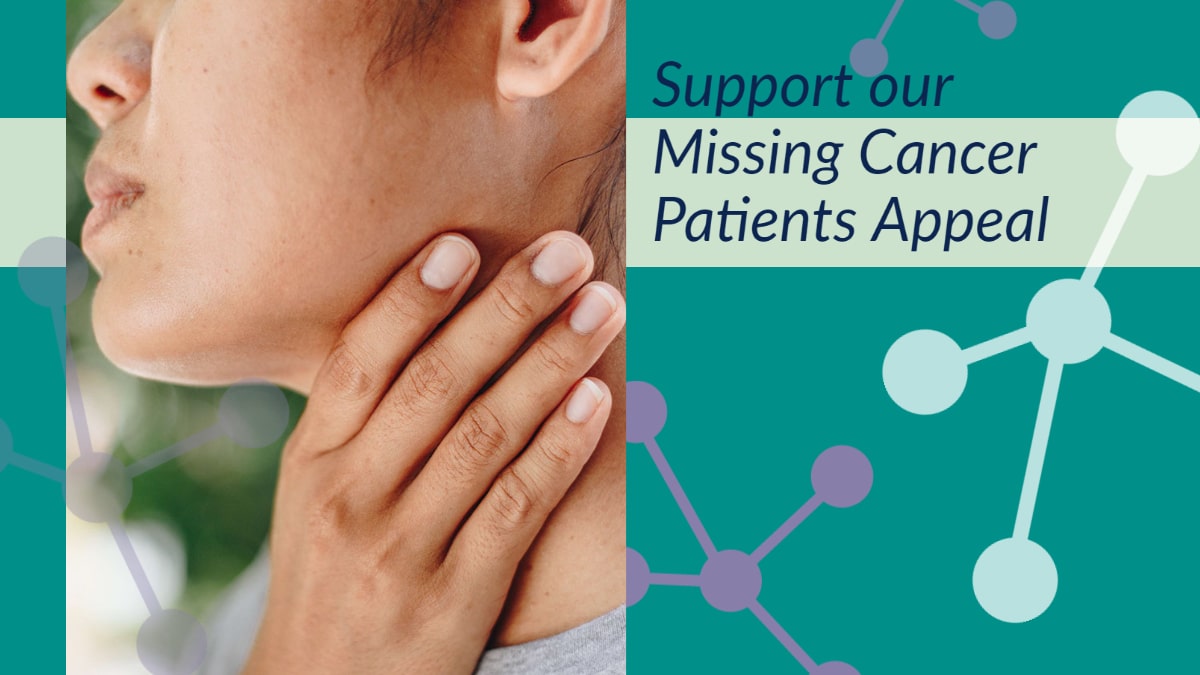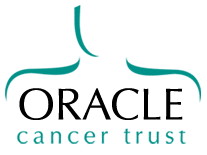Appeal update

Current COVID-19 restrictions are making it harder to get an early diagnosis and treatment for head and neck cancer
The BBC have just shared a report that shares our concerns and consultants tell us that clinics remain quieter than usual.
So far, The Missing Cancer Patients Appeal has raised just under £45,000 so far and we remain focused on raising £100,000 by the end of March. Thank you to everyone who is helping us keep funding our incredible team of researchers. If you would like to help too, please donate to make a gift.
We are thrilled that our labs have been able to remain open during the current restrictions and we are looking forward to a busy year of science. The teams are working hard to make up for the disruption of 2020 so with your help, not only will we be able to keep funding brilliant research into better diagnostics and kinder, effective treatments, but we will also encourage more people to seek help sooner.
Our research teams are working hard on a range of ways in which we can make sure more people successfully beat head and neck cancer. Our portfolio of 16 studies works across three themes:
- Developing new treatments
- Better diagnosis
- Improving current treatments
One of our newest researchers is Daniel Lin, based at Newcastle University. He is working to develop a new treatment for head and neck cancer (HNC). Last year he began exploring the power of biomarkers for HNC. These are biological molecules that can be measured as an indicator of normal biological processes, disease processes or a response to a therapeutic intervention.
IDO (indoleamine 2,3-diozygenase) is an important enzyme which allows tumours to ‘hide’ from the body’s immune system. Daniel will study baseline IDO activity in HNC patients and map this throughout treatment to establish whether IDO is a biomarker for HNC. It could support a more personalised therapeutic approach to improve patient outcomes. And his data will provide important preliminary information for future studies and hopefully enough evidence to support the design of a clinical trial.
Impact of COVID-19
Daniel’s work has got underway however his supervisors suspect the project may take slightly longer than planned due to reduced patients in clinics. The extent of the delay is unclear but as clinics get back to usual patient numbers, it will become easier to assess.
To support Daniel’s work to find new treatments and any of our other brilliant research work, please contact Teresa.

